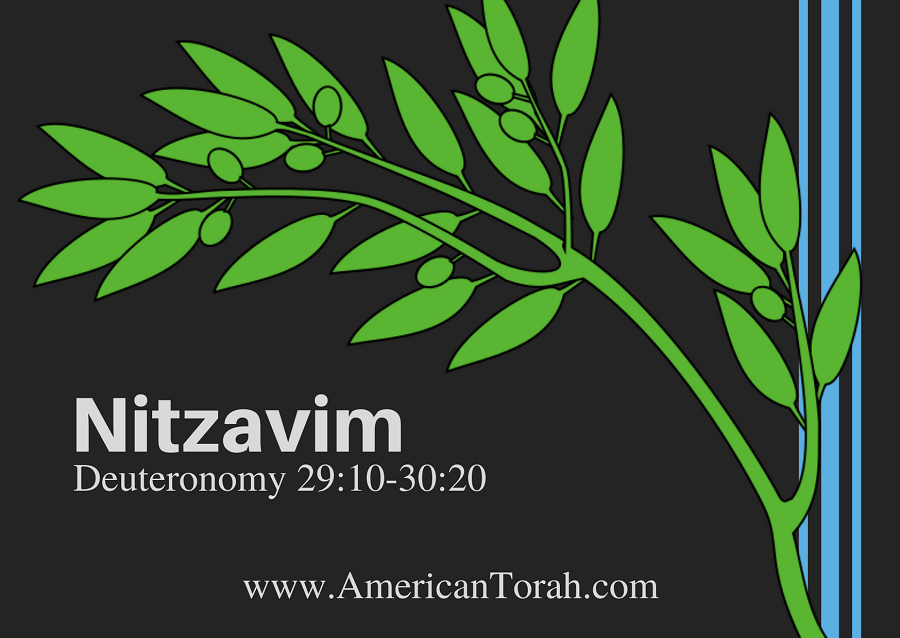
Readings
- Deuteronomy 29:10-30:20
- Luke 1:46-56
- Luke 6:20-36
- Romans 8
- Romans 10:1-11:5
- 1 Corinthians 3:12-23
- Colossians 3:23-25
- Revelation 7:9-17
- Revelation 22:10-17
Additional Reading
Videos Related to Parsha Nitzavim
- Civil Government and God’s Law – Proverbs 11:7-11 says that political entities that promote God’s standards of justice and righteousness will prosper, but those who discourage God’s law and promote wickedness will suffer. God knows what’s best for us. His commandments aren’t arbitrary.
- What Is the Gospel? – Matthew 3:1-3. Isn’t the Gospel, “Jesus died for your sins?” How could John, Yeshua, and the Disciples have preached the Gospel before the cross? Isaiah 40, 52, 60, and 61 all talk about the Gospel, or the “Good News”, and define it as God’s presence among his people Israel, the repentance and restoration of the nation of Israel to righteousness and the land, the healing of the sick and the liberation of the oppressed. All of these things are just as much a part of the Gospel as the death and resurrection of Yeshua.
- Strange Tidings from the Sea of Galilee in Matthew 8:28-34 – The story of Yeshua and the demon possessed men in the country of the Gadarenes contains several very odd elements. Is it Gadarenes or Gergesenes? Where there two men or one? What’s up with the pigs and the water? In this video, I’ll do my best to answer these questions with the limited information available to us.
- Choose Your Yoke, Matthew 11:29-30 – Every decision in life involves an exchange of burdens. Sin imposes a heavy yoke even while it convinces us we are free. When we submit to Yeshua, we repent from sin, breaking the shackles of our well-deserved condemnation, and voluntarily submit to his yoke, but what exactly does that mean? Yeshua’s yoke is obedience to his Law, to Torah, not out of fear of condemnation for failure (that is the yoke that we throw off!), but out of gratitude for his forgiveness and out of love and a desire to honor him with out very lives.
- A Chiasm on Sons and Slaves in Romans 8:12-17 – Paul uses the word spirit (pneuma) six times in this short passage, and he uses it in multiple ways. They don’t all refer to God’s Spirit, not even when most translations capitalize the word. There’s a chiasm in these verses that might help you see the idea that Paul was trying to explain.
Everything that Yeshua (aka Jesus) & the Apostles taught
Come with me as I draw out the connections that are so often missed |

